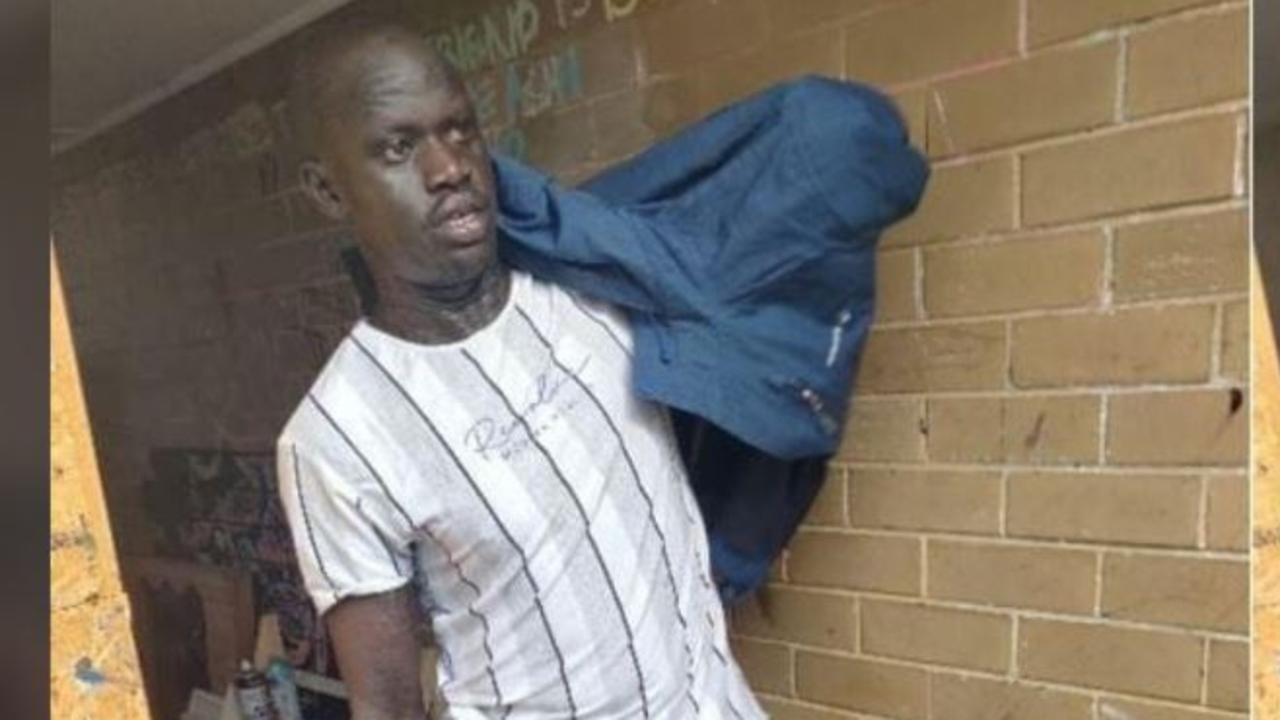Vilifying LGBTQIA+, women, people with disability to be punishable by jail in Victoria
Laws which make vilifying LGBTQIA+ people, women and people with disabilities punishable by up to five-years in jail have passed Victoria’s parliament, but a six-letter word in the new legal threshold test has alarmed some groups.
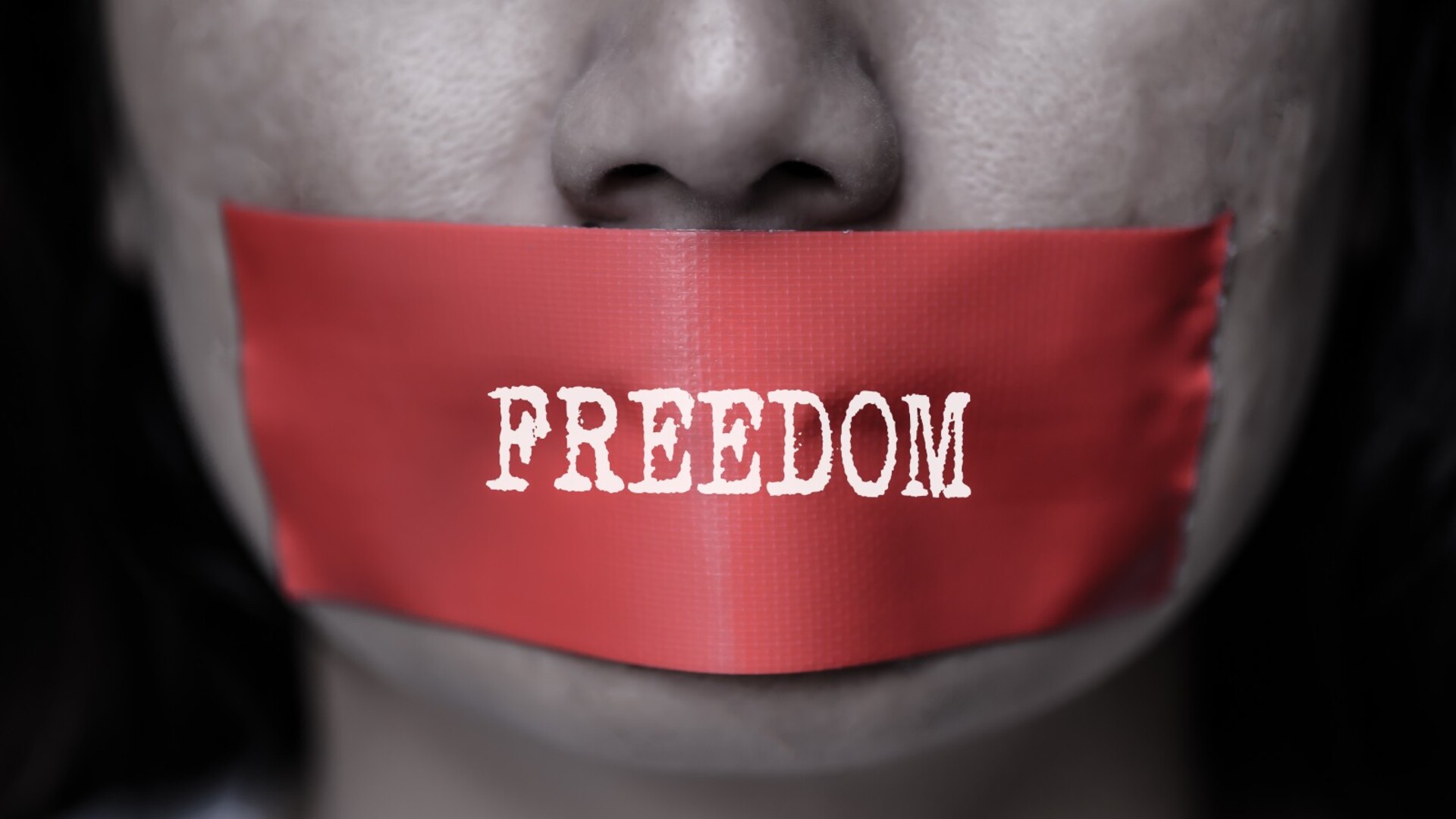
Victoria
Don't miss out on the headlines from Victoria. Followed categories will be added to My News.
New hate speech laws have passed Victoria’s Parliament after Labor struck a last-minute deal with the Greens, while the opposition has warned the changes will have a “chilling effect on freedom of speech”.
Vilifying LGBTQIA+ people, women and people with disabilities based on their ‘protected attribute’ — including posting offensive comments or photos online — will be punishable by up to five-years in jail as part of the controversial overhaul of Victoria’s anti vilification laws.
Premier Jacinta Allan choked back tears as the new laws received the final tick off from the Victorian Parliament’s lower house on Wednesday afternoon.
That came after a marathon sitting in the upper house on Tuesday night, with the bill passing that chamber at 4am with a series of Greens amendments.
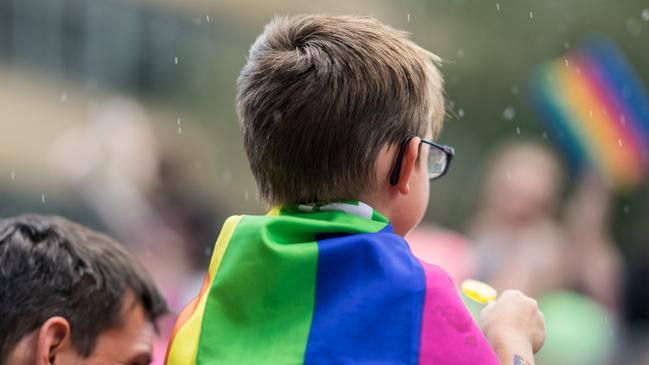
An emotional Ms Allan welcomed the “historic” anti-vilification laws.
“This is an important moment in our history,” she said.
“This is the sort of society we want to see here in Victoria where you can be free from hate in every part of our society.”
Despite being considered one of the biggest roadblocks to existing laws, police will continue to be forced to seek approval from the Director of Public Prosecutions (DPP) to press charges against people who vilify marginalised Victorians after the Greens forced the government’s hand.
The DPP, police and the courts will also be forced to take into account the “social, cultural and historical circumstances” that may lead to a person expressing contempt, revulsion or severe ridicule against a minority group.
Shadow Attorney-General Michael O’Brien blasted the Greens changes, noting that the DPP had a history of blocking charges that have been brought for criminal incitement and threats.
Jewish community advocate and fierce campaigner against the laws Menachem Vorchheimer said the original legislation was supposed to empower Victoria Police to commence proceedings for hate crimes.
“But Jacinta Allan and Labor have watered down the legislation and removed Victoria Police’s
authority to prosecute,” he said.
“This will render them useless.”

The Victorian Greens equality spokesperson Aiv Puglielli, however, called the passing of the contentious Bill a “historic moment for LGBTQIA+ people” after years of advocating for better legal protections.
The bill sailed through the lower house on Wednesday.
Mr O’Brien accused Labor of striking a “grubby deal” with the Greens and “writing identity politics into law”.
He said civil provisions would see activists “line up” to sue people they disagree with at VCAT and suggested the laws would have a “chilling effect on freedom of speech, belief and worship in Victoria”.
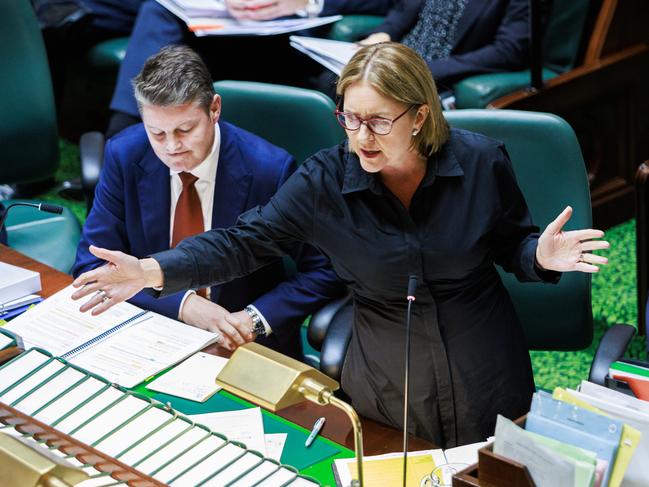
As per the original proposal, tougher penalties, including up to five years jail time, will also come into play for serious vilification cases such as threats to members of marginalised groups.
In a move that has been fiercely opposed by some Christian groups, the legal threshold to prove vilification will also be reduced to “likely” to incite contempt, revulsion or severe ridicule against a minority group.
Australian Christian Lobby Victorian director Jasmine Yuen said she feared the “subjective and undefined terminology” used in the Bill could see Victorians hauled in front of the courts for expressing contentious views, such as stating that “trans women are not women”.
During a lengthy debate on Tuesday night, leader of the government in the upper house Jaclyn Symes denied that they were “outlawing opinions”.
“They would have to be expressed in a way that incites hatred,” she said.
Jewish leaders welcomed the new laws, hopeful they would help to crackdown on soaring antisemitism.
Criminal provisions will come into law by September, while civil elements of the Bill — including dispute resolution at the Victorian Civil and Administrative Tribunal — will be rolled out next year.
The civil pathway will give people alternative options to address vilification, including an apology, compensation or removing harmful material.
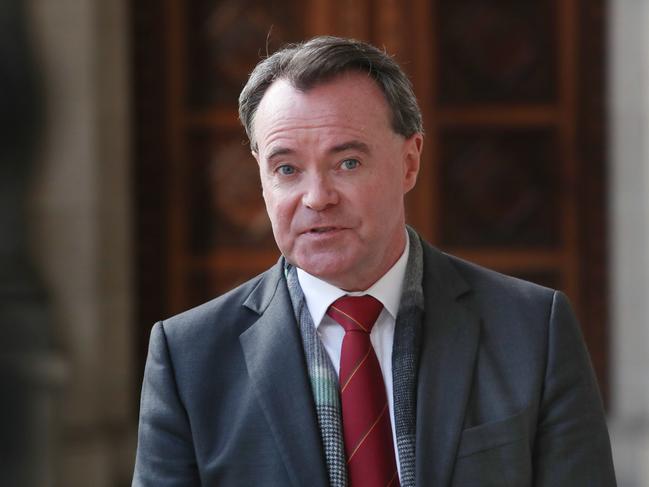
Mr O’Brien said while the Coalition supported stronger criminal sanctions against those who threaten or incite on the basis of a person’s protected attribute, he called the civil provisions “over the top”.
He took particular issue with a civil harm provision that would give marginalised groups greater power over what is deemed unlawful vilification, rather than it being determined through the current ‘reasonable person’ test.
The Greens had pressured the government to wind back protections for religious speech, suggesting that it could be used as a guise to vilify queer communities.
However, protections for “preaching and proselytising” remain in the Bill.
The Islamic Council of Victoria had largely supported the Greens, fearing that the government’s removal of a ‘political purpose’ defence could stifle pro-Palestine protesters.
Originally published as Vilifying LGBTQIA+, women, people with disability to be punishable by jail in Victoria



